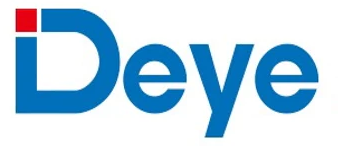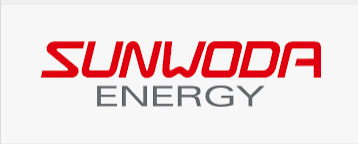08 November
Frequently Asked Questions about Solar Hybrid Systems
Solar PV Hybrid systems have a lot of variables that can impact the performance, price and life-span of the system. Every solution has multiple components, each with its own features. While there is a lot of information online about going Solar generally, we put together a list of questions we are often asked about our systems in particular. Browse through the questions below and feel free to get in touch if there are any questions we have not answered.








